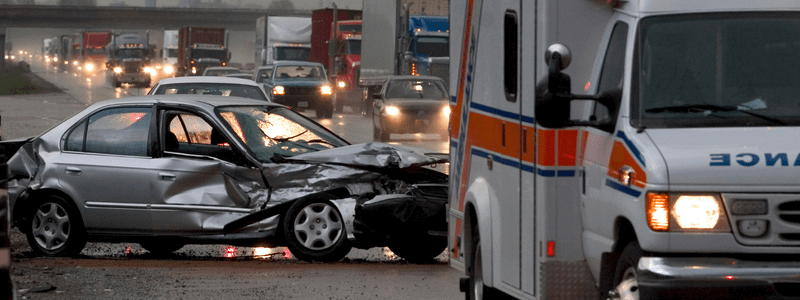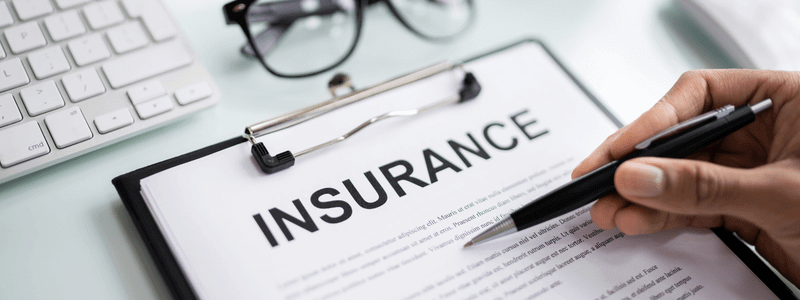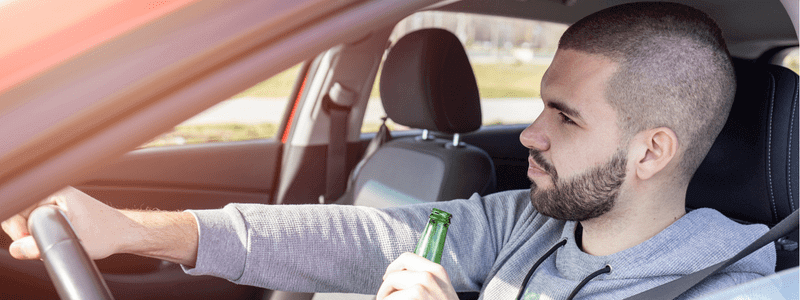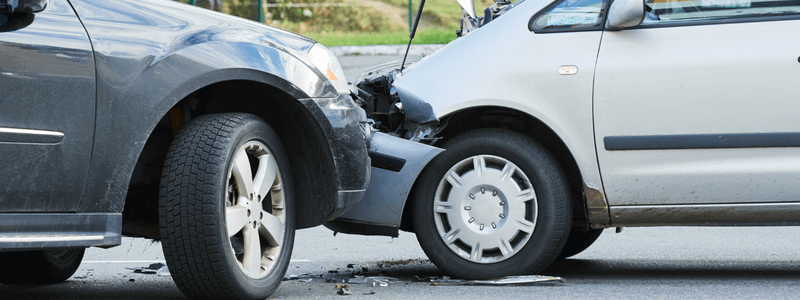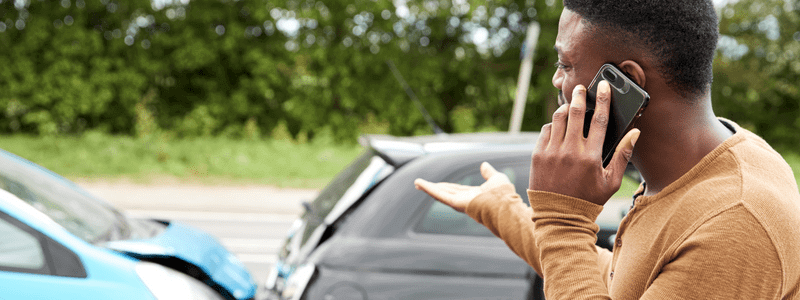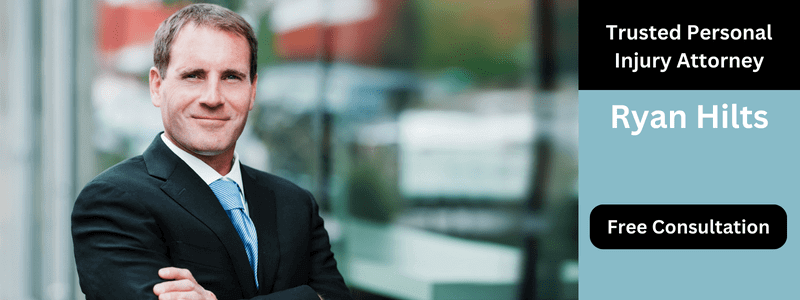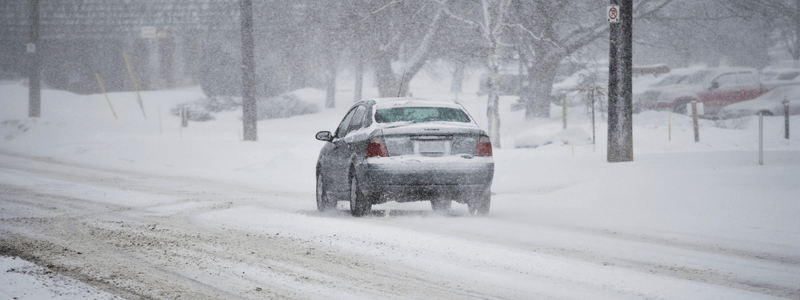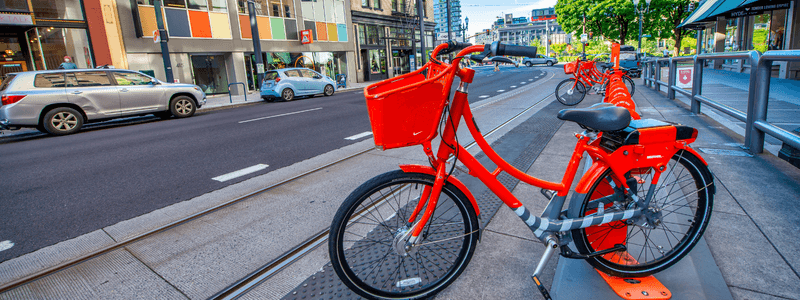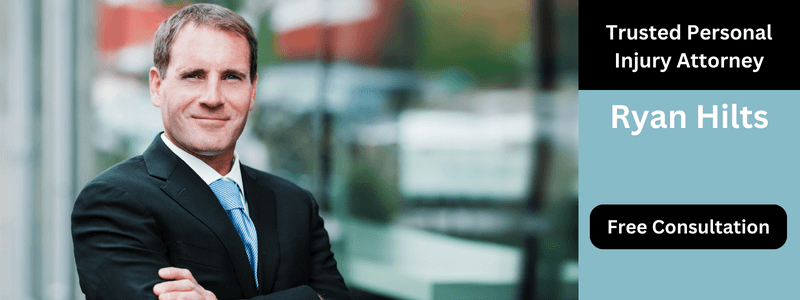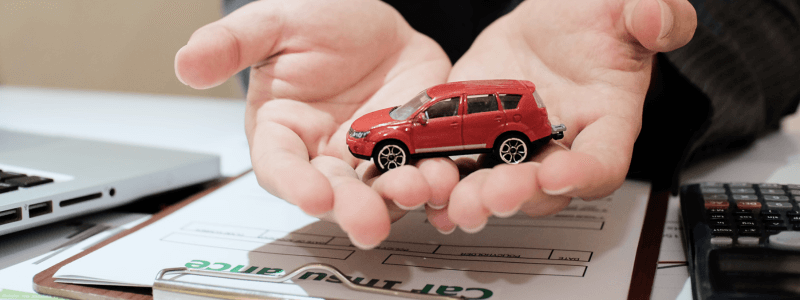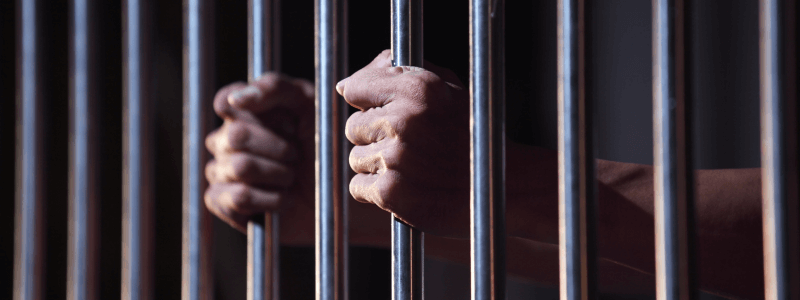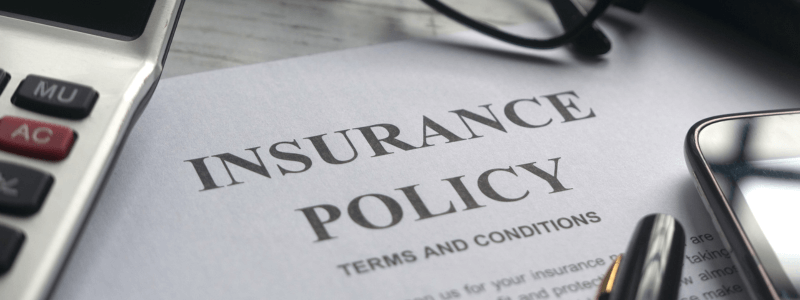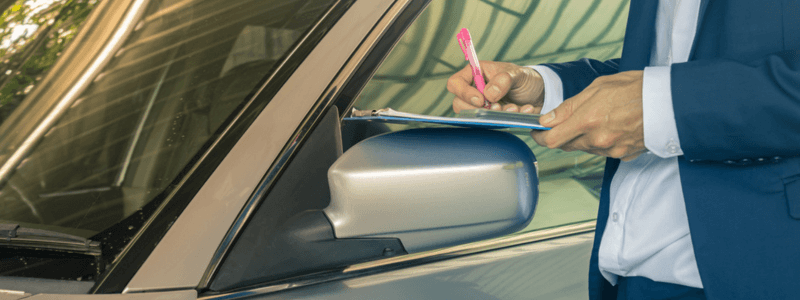Imagine this: you’re driving, maybe a little too quickly or perhaps just lost in thought, when suddenly you’re jarred by the ominous crunch of metal. Your heart races; your palms sweat as reality sets in—you’ve been part of a car wreck, and it’s your fault. In the knee-jerk haze following an accident, amidst the exchange of insurance information and police reports, there looms an important question — should I hire an attorney for this car wreck?
Many drivers grapple with that very question, especially when they believe they are at fault. While common sense might whisper that you should face the music without legal support, there’s more to consider than meets the eye. An attorney does far more than argue your case in court; they navigate the labyrinth of insurance claims, liability assessments, and possible lawsuits that can emerge—even if you think you’re at fault.
In this article we’ll dissect what exactly a car wreck attorney does and whether securing one after causing an accident is a judicious move or an unnecessary expense. We’ll explore factors influencing the need for legal representation and how attorneys can benefit your case even when culpability seems clear-cut against you. By understanding these elements within their broader context—and considering local laws—every driver will have a clearer road map for handling accidents with confidence and strategic savvy.
Table of contents:
- What Does a Car Wreck Attorney Do?
- Do I need to get an attorney for a car wreck that was my fault?
- Factors Influencing the Need for an Attorney
- Handling Minor Accidents Without Legal Representation
- The Role of an Attorney in a Lawsuit
- Conclusion
Injured in an accident that wasn’t your fault? Contact Car Accident Attorney – Ryan Hilts
Also read: Is Oregon a No Fault State?

What Does a Car Wreck Attorney Do?
Navigating the aftermath of an automobile accident can be both confusing and overwhelming, particularly if you’re at fault. This is where the role of an attorney for car wrecks becomes vital—a beacon in rough legal seas. Let’s delve into what exactly these legal professionals do.
Automotive accident lawyers specialize in the field of law that deals with vehicular mishaps. Their expertise ranges from minor fender-benders to catastrophic collisions involving severe injuries or fatalities. I’ll guide you through their critical roles:
- Assessment of Legal Positions: Initially, they examine the nitty-gritty details of the incident to understand your potential liabilities and defenses.
- Communication Expertise: They communicate on your behalf with other parties involved in the wreck—including insurance companies—often known for pushing back against claims.
- Gathering Evidence: Crucial to any case, lawyers meticulously collect evidence like traffic camera footage, witness statements, and police reports to build a solid defense or reduce your liability.
- Negotiation Skills: An attorney has honed skills in negotiating settlements to ensure that you don’t end up paying more than necessary, or help recover costs if possible.
Seeking an attorney for car wrecks doesn’t automatically imply guilt; rather it’s about protecting your rights and ensuring fair treatment under the law. They also present options you might not have considered on your own.
In summation, automobile accident lawyers don’t just fight battles in courtrooms; they are advisors, negotiators, and supporters throughout this tumultuous journey. As such, hiring seasoned automotive accident lawyers may greatly influence the direction of your post-accident experience. By doing so, you equip yourself with knowledge and representation pivotal in maneuvering through potential legal repercussions—even when fault seems squarely upon you.
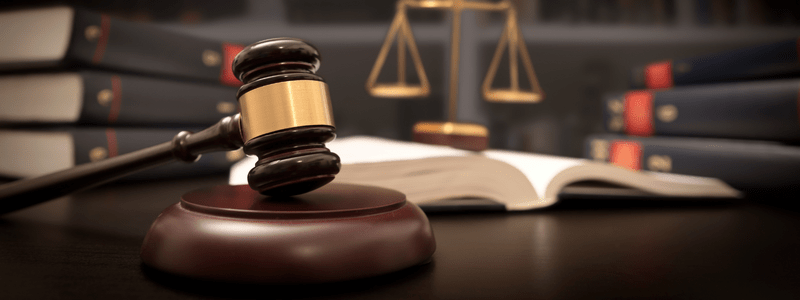
Do I need to get an attorney for a car wreck that was my fault?
Navigating the aftermath of a car accident can be incredibly stressful, especially if you’re at fault. One of the most pressing questions is whether or not to enlist the help of an attorney for a car wreck. It’s essential to understand when legal representation can be beneficial, even if it seems counterintuitive since you were the one who made the mistake.
Initially, you might think being at fault negates the need for legal assistance. After all, isn’t it just about accepting responsibility and moving forward? But let’s consider key reasons why having a lawyer on your side could be invaluable despite your culpability.
- Counsel On Legal Liability: Even if you believe you’re fully responsible, determining liability can sometimes be quite complex in traffic accidents. There may be circumstances that mitigate your responsibility or other factors revealing shared fault.
- Negotiations with Insurance Companies: Your insurance company has its interests in mind which often means settling for as little as possible. An experienced attorney helps ensure that your rights are protected and can negotiate more effectively on your behalf.
- Knowledge of Potential Damages: Subtleties regarding compensatory damages for injuries or property damage are best handled by experts. Your awareness level about what damages could apply to your situation might be limited compared to seasoned lawyers.
It’s also worth mentioning that hiring an attorney does not necessarily imply fighting a battle in court. Often, attorneys help resolve cases through settlements without stepping foot in a courtroom, saving time, stress, and often money in the long run.
In some instances, people worry about further expenses while managing costs associated with their recovery and repairs. However, many attorneys offer contingent fee arrangements where they receive payment only upon successfully procuring a settlement or court award on your behalf.
Remember that getting legal advice doesn’t equate to escaping consequences; it’s about understanding them comprehensively and handling them appropriately. Making an informed decision with sound legal guidance could affect not only your financial well-being but also how smoothly you can navigate through this challenging time after causing an auto accident.
If the accident wasn’t your fault, then consider speaking with an Oregon personal injury attorney.
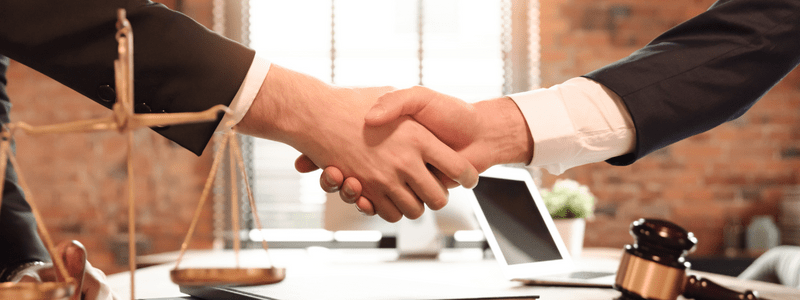
Factors Influencing the Need for an Attorney
Deciding whether to enlist the services of lawyers for a car accident when you’re at fault isn’t a decision to take lightly. Several critical factors come into play that can tip the scale toward needing legal counsel. While not all accidents require an accident attorney lawyer, understanding these elements will help clarify your situation.
First off, consider the severity of the incident. If it was a minor fender bender with no injuries and negligible damage, you might manage without legal assistance. However, an accident involving significant damages or injuries is another story altogether. Here’s where experience counts; a skilled accident lawyer can offer valuable guidance through complex claims processes or potential litigation.
Next, assess the clarity of fault in the wreck. Even if you believe the accident was your responsibility, specifics might reveal shared liability or other nuances that only a professional can discern accurately. In some cases, what seems apparent at first glance may warrant further investigation—a realm where legal experts excel.
Furthermore, insurance matters heavily dictate the need for representation. Dealing with insurance companies often involves navigating intricate policies and aggressive negotiations. A seasoned car accident lawyer understands how to handle these discussions to safeguard your interests effectively.
Lastly, let’s not forget about deadlines and statutes of limitations which vary by state. Missing these important legal timelines could jeopardize your right to defend yourself in court or settle a claim satisfactorily.
To sum it up:
- Severity of damage and injury
- Clarity and details surrounding fault
- Navigating complex insurance issues
- Adhering to critical legal deadlines
All these factors collectively determine whether ‘should I get a car accident lawyer’ leans more towards a yes than a no—especially when striving to ensure optimal outcomes in unfortunate circumstances such as these.
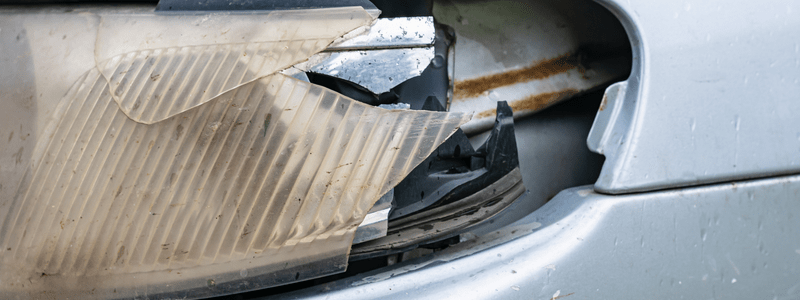
Handling Minor Accidents Without Legal Representation
Sometimes, after a car wreck—particularly when it’s your fault—you might ask yourself, “Do I need an attorney for an auto accident?” It’s a valid concern. After all, the presence of legal representation can significantly alter the course and outcome of your post-wreck dealings. Yet, believe it or not, there are instances when you may not require an attorney’s assistance.
When thinking about minor accidents, where the damage is limited and no serious injuries have been reported, managing the situation without legal aid could be feasible. Here’s what you should consider:
- Damage Assessment: Evaluate the extent of damage to both vehicles. If it looks superficial—like dents or scratches—you may resolve matters directly with the other party.
- Injury Check: Confirm that all parties involved are unharmed. Remember, some injuries aren’t immediately apparent; however, for truly minor incidents, this step helps avoid unnecessary litigation.
- Insurance Interaction: Your insurance company can manage most aspects of a minor claim without legal guidance. Open communication and honest reporting will help keep things straightforward.
Keep in mind, though: even small fender benders can complicate over time if initially overlooked issues begin to surface. Therefore, maintaining meticulous records from the get-go – photographs of damages, detailed notes on how the incident occurred — protects you against future discrepancies.
Conclusively, while handling minor accidents independently is often more economical and quicker than engaging legal services right away—a watchful eye for possible complications must never waver. Being proactive by having comprehensive insurance coverage and understanding its terms makes these situations easier to navigate sans attorney involvement—but always err on the side of caution if complexities arise.
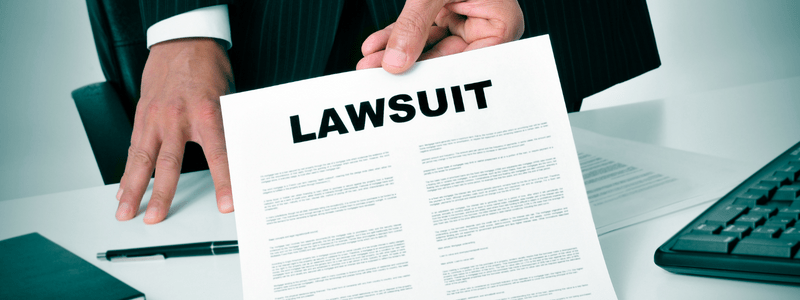
The Role of an Attorney in a Lawsuit
When involved in a car wreck that is your fault, you might be quick to assume that legal representation isn’t necessary. However, the complexities and potential consequences of litigation highlight the importance of having an experienced attorney for car wrecks on your side.
An accident attorney assesses the situation thoroughly, providing insight into possible defenses and strategies to minimize liability. They navigate through the legal system with proficiency, negotiating settlements, engaging with insurance companies, and representing your interests during court proceedings if needed.
Let’s delve deeper into how their expertise can benefit you after an auto accident where you are deemed at fault.
Benefits of Seeking Legal Advice
- Expert Representation: Lawyers auto accident specialists bring invaluable experience to the table. They understand how to present your case effectively, which could lead to a more favorable outcome.
- Assessment of Damages: Determining the extent of damages – both physical and material – can be complex. An attorney evaluates these factors expertly to ensure all pertinent costs are considered.
- Objective Advice: After a distressing event like a car wreck, emotions may cloud judgment. An accident attorney offers objective counsel on the best course of action.
- Negotiation Skills: Attorneys familiar with cases of car wrecks have honed negotiation skills—vital when dealing with insurance claims adjusters or opposing lawyers.
- Paperwork and Procedures: There’s a mountain of paperwork and strict deadlines involved in legal processes. Your attorney takes care of these, ensuring no missteps along the way.
Engaging an adept lawyer means you’re not left in the dark about how your case is unfolding or what steps to take next; they guide you through each stage.
Ensuring Compliance with Local Laws
Navigating local laws proves crucial following a car wreck you’re responsible for; it’s imperative not just from a procedural standpoint but also for aligning with specific judicial expectations:
- Understanding Statutes and Regulations: Different locales have unique traffic laws and insurance requirements that impact cases significantly.
- Filing Deadlines Compliance: In every jurisdiction, there are critical timelines known as “statutes of limitations.” A failure to file within this timeframe could negate your right to defend yourself legally.
- Ensuring Fair Proceedings: Local courts have particular ways they handle auto accidents lawsuits. Proficient attorneys know these intricacies well.
- Appropriate Court Conduct: Lastly, lack of familiarity with courthouse protocol can be detrimental—your lawyer assures adherence to all necessary formalities.
In essence, retaining an accident attorney ensures compliance at every level—it’s their duty to stay abreast with current statutes that directly affect your case.
By understanding the benefits offered by seeking legal advice from seasoned attorneys specialized in navigating car wrecks scenarios—including those where culpability lies on you—you become equipped to face any ensuing challenges head-on while mitigating potential repercussions confidently.
Attorneys play an indispensable role throughout trials—not only facilitating peace-of-mind but also bolstering chances for outcomes more congruent with your interests despite initial adversity such as being at fault in a vehicular incident.
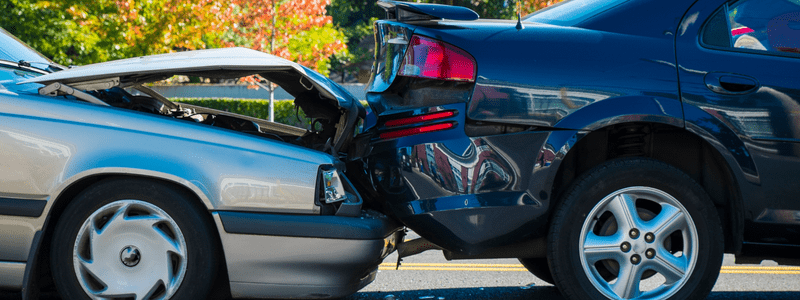
Conclusion
Navigating the aftermath of a car wreck can be an incredibly stressful experience, especially when you’re at fault. This enormous burden often leaves you with a cloud of uncertainty over your head—wondering about insurance matters, potential legal ramifications, and financial consequences.
However, there’s no need for despair. If the accident was minor and straightforward, handling it without a lawyer might be feasible. Simple communication with your insurance company could suffice in such cases. But if the stakes are high—with severe property damage or injuries—it’s generally wise to seek professional legal counsel. A seasoned attorney possesses the intricate knowledge necessary to maneuver through complex legal scenarios that may arise.
Turning to an experienced car wreck lawyer gives you access to expert guidance, helps uphold your rights, and works toward minimizing negative outcomes. An attorney not only addresses immediate concerns but also anticipates long-term implications which might escape the untrained eye.
Remember that each case possesses its own unique set of intricacies. Thus, while this article serves as an informative resource, personal circumstances vary greatly—an important consideration when making your decision.
In essence, securing legal representation is a strategic move aimed at protecting yourself from unexpected challenges and ensuring peace of mind during tumultuous times. Whether or not you believe the car wreck was your fault, an attorney provides clarity amidst confusion and steers you towards a resolution that safeguards your interests.
Drive safely out there and know that should storms gather on your horizon following a motor vehicle mishap—even one caused by you—legal expertise stands ready to help navigate back to calmer waters.



